People Who Refuse To Show Gratitude Even When They Feel It Usually Have These 11 Reasons
Gratitude is one of the simplest gifts anyone can give, but some people can't bring themselves to offer it.
 Deflector Image / Shutterstock
Deflector Image / Shutterstock We all adore people who have an attitude of gratitude. Being grateful for all the little things in life tends to make people attractive, especially in these days when it seems like everyone is struggling to just feel seen.
Of course, some folks out there can’t stand to show too much gratitude. It almost feels like they’re trying to get you to beg for a “thanks,” doesn’t it? Well, there’s always a reason for the way people act. We might as well explain what’s going on.
People who refuse to show gratitude even when they feel it usually have these 11 reasons
1. They think whatever the other person did should be expected
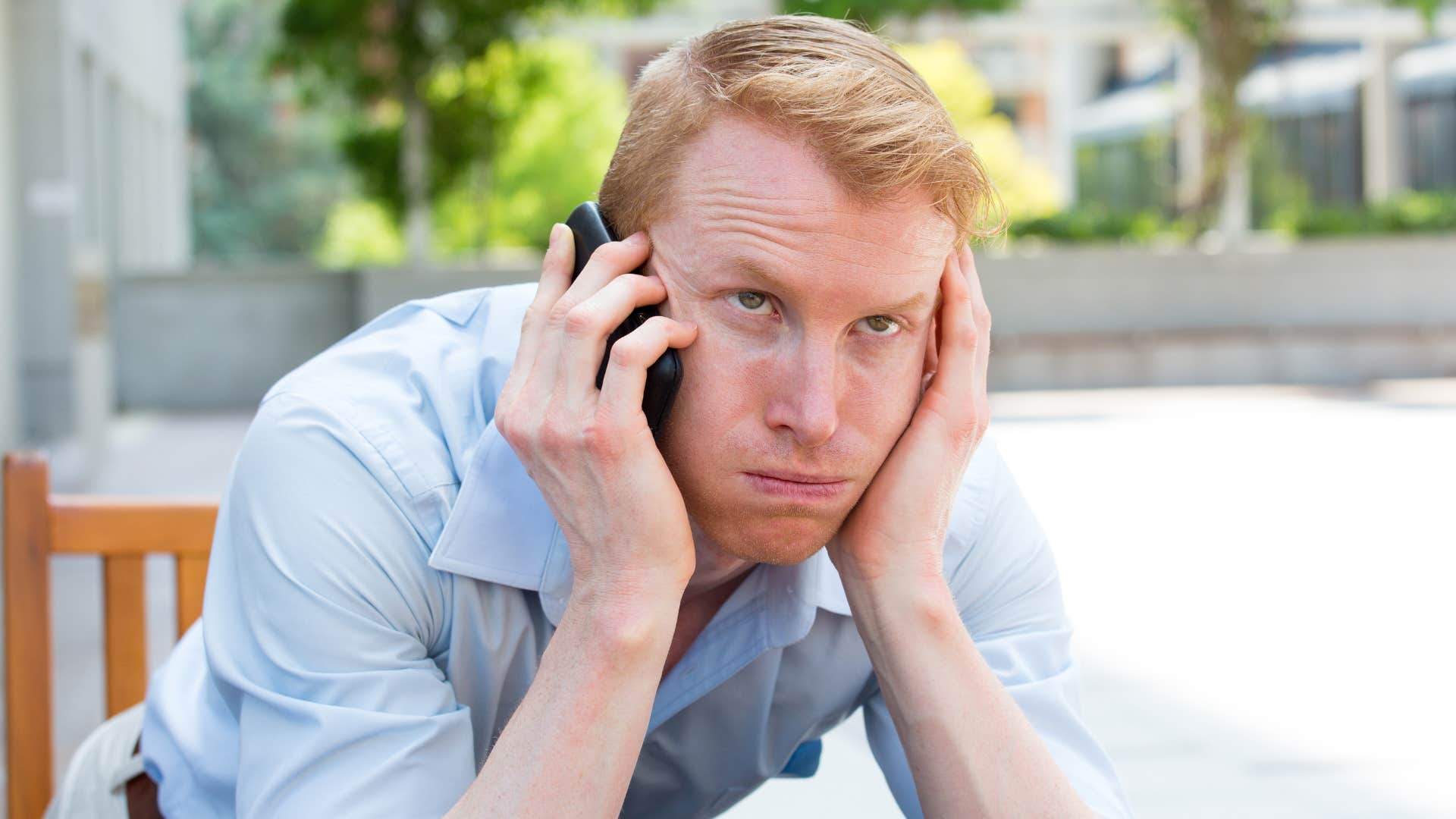 A and N Photography via Canva
A and N Photography via Canva
Let’s start off with the most obvious reason why someone might not thank you: they’re not actually thankful in the way you think of being thankful. For example, if something you do actually hurts their chances of completing a project at school, they might not thank you, even if you meant well.
The same can be said if one is expected to do something. They may not actually be grateful in the way that they’re blown away by you doing it, but they might acknowledge the act with a nod.
2. Gratitude might quite literally not be in their genes
 RDNE Stock Project from Pexels via Canva
RDNE Stock Project from Pexels via Canva
So, here’s the wildest reason you might read on this list: for some people, gratitude is quite literally not in their genes. Multiple studies have linked certain genetic sequences with decreased gratitude, decreased expression of gratitude, and a general lack of reaction to the oxytocin boost that comes with gratitude.
In other words, the person who doesn’t seem grateful might quite literally be born that way. Who’d have thought?
3. They feel awkward about people doing them favors
 Africa Images via Canva
Africa Images via Canva
We’ve all met people who get a little bit weird about showing gratitude, not because of some tragic backstory of abuse. (That’s a later point.) Rather, they simply might not know how to adroitly show gratitude without it actually coming off as weird or insincere.
People who have socially awkward personalities or who are autistic might not express gratitude in a standard way. Trust me, they mean well.
4. Trauma has made them suspicious of good deeds
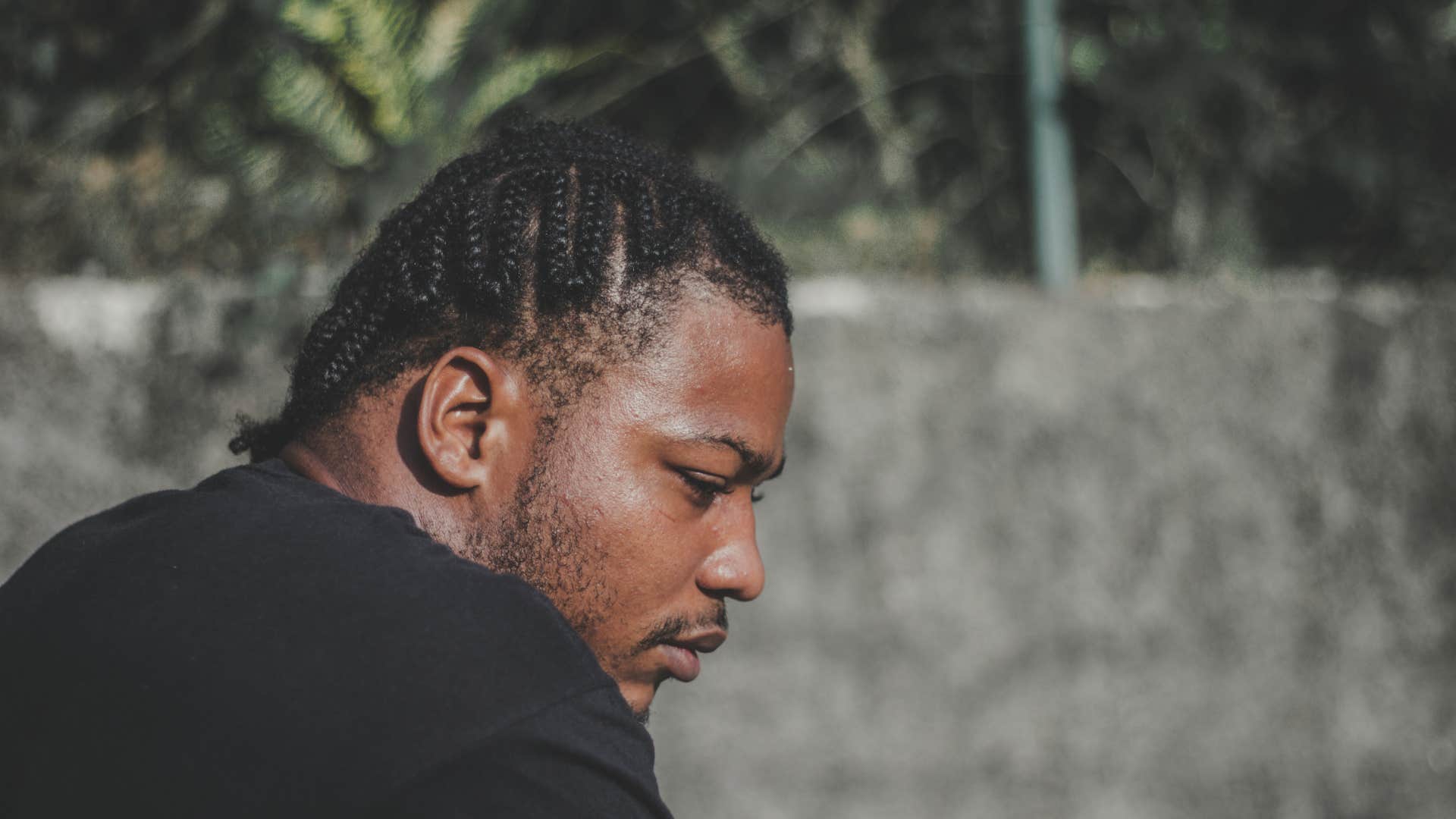 Aviz Media from Pexels via Canva
Aviz Media from Pexels via Canva
More and more people throughout the world are starting to recognize how trauma has impacted their personalities. If you were repeatedly subjected to gifts that always came with strings attached, then expressing gratitude will make them deeply uncomfortable.
It’s a form of emotional blackmail. After all, wouldn’t you be worried about “owing it” to someone if they constantly do favors for you? It’s quite reasonable if you spent years with someone who did that to you.
5. They think showing gratitude makes them appear weak
 IT Stock from Photo Images via Canva
IT Stock from Photo Images via Canva
Among some folks I’ve met, there are a handful of people who view expressions of gratitude as a form of submission. This tends to happen quite a bit with people who view relationships as a form of domination or win-lose situations.
To them, gratitude is a sign that someone is showing a form of weakness. So, even if they are grateful, they won’t show it. They’re basically too proud to admit that they may appreciate some help.
6. They assume you know they are grateful
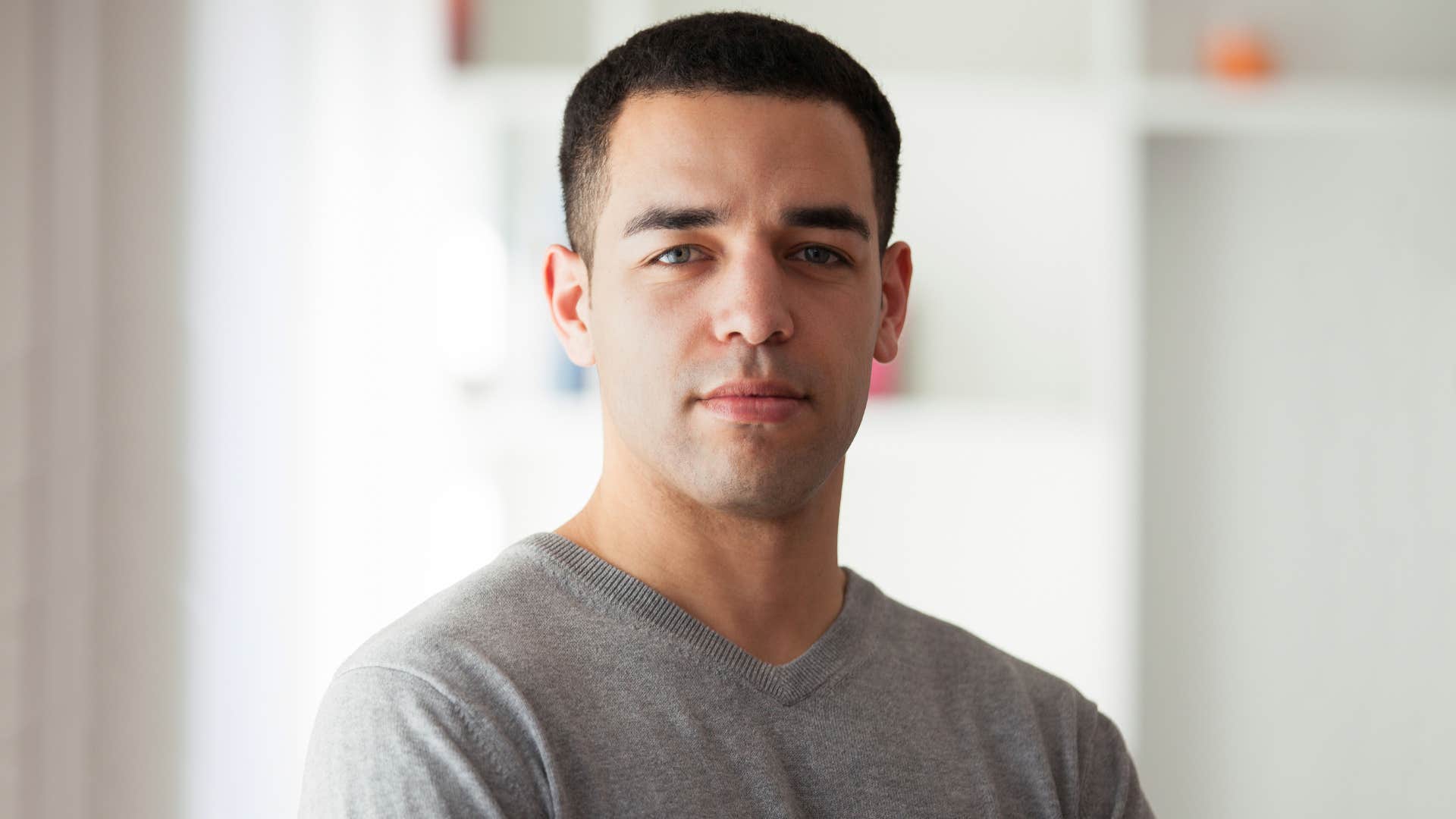 Samuel Borges Photography via Canva
Samuel Borges Photography via Canva
We’ve all heard the saying that “it goes without saying,” right? Well, here’s the thing: things really aren’t always best left unsaid. For some people, the idea of saying thanks is not necessary because they assume gratitude upon accepting the favor.
If they’re the type to assume that you’re happy with them, they will often not ask for thanks. This is all well and good, but people forget that it often goes both ways. They may be delighted with the deed, but they won’t tell you because they assume you already know.
It’s best to say thank you, even if you swear you know them. Otherwise, this can lead to something known as a ‘gratitude gap’ that sours relationships.
7. They think it would sound insincere
 Leung Cho Pan via Canva
Leung Cho Pan via Canva
Our society is really gung-ho on gratitude right now, hence the reason why gratitude journals are a thing. To a point, it can almost feel like society tries to force us to be grateful when we don’t feel like it.
This is actually called a “gratitude trap” because it often encourages us to pretend that everything is okay, even when it’s not. They want others to know they really, truly mean it. So, they don’t throw thank yous around willy-nilly.
8. It could be a manipulation tactic
 stock colors from Getty Images Signature via Canva
stock colors from Getty Images Signature via Canva
Here’s an unusual way that gratitude can be turned into a bad thing by the wrong person: withholding. Withholding affection (and gratitude) is often used by manipulative people as a way to punish others, push them to obey them more, and so on.
For example, let’s say that you help your boyfriend with a project. The project wins an award, and he gets to make a speech. The night before, you got into an argument about future plans. If he’s a withholding type, he might shut down conversations and then thank everyone but you at his acceptance speech.
In this example, he’s obviously grateful because he gets the award. However, he wants to hurt you, and that’s how he’s going about it.
9. Certain cultures may look down upon it
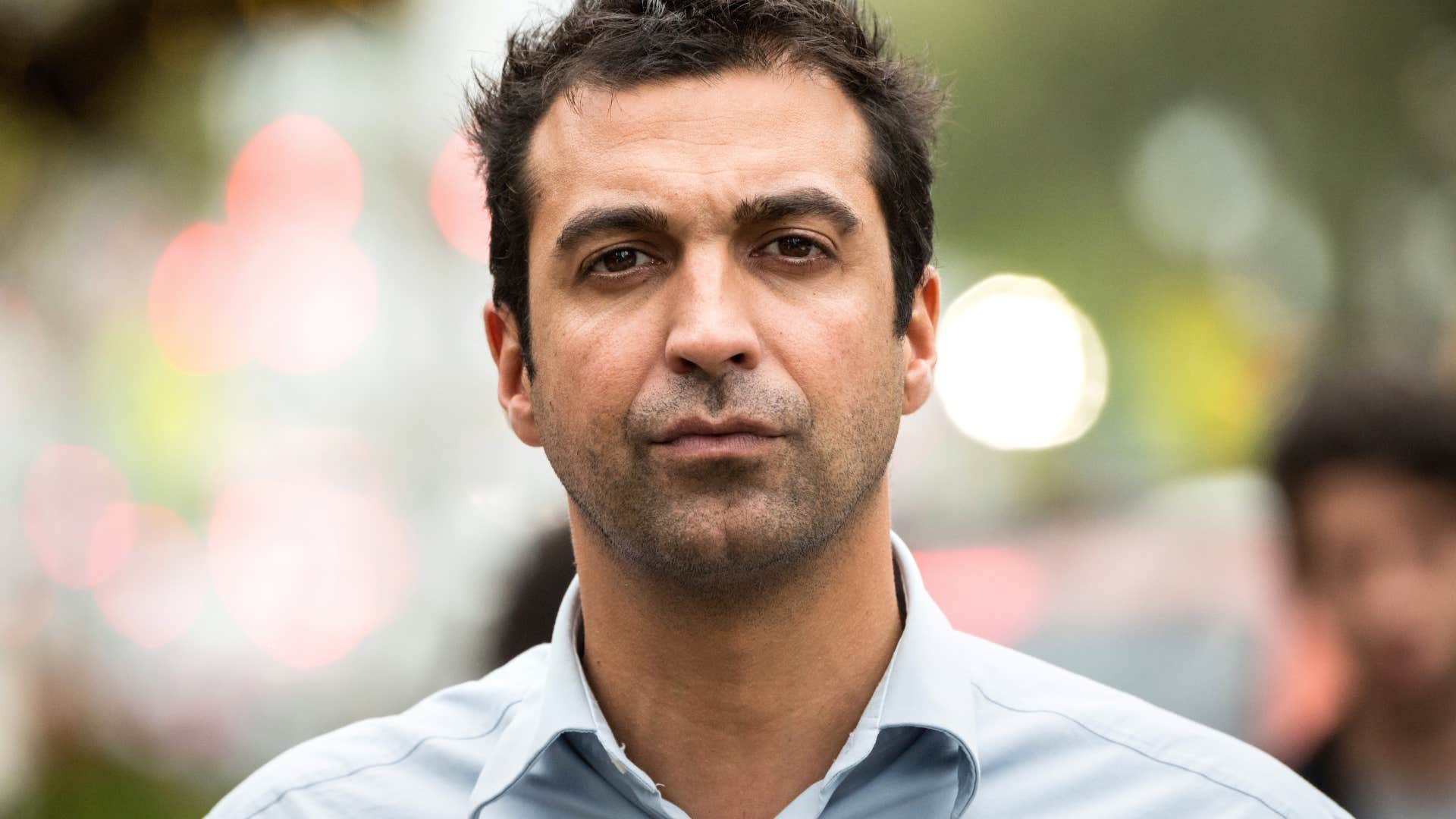 Juanmonino from Getty Images via Canva
Juanmonino from Getty Images via Canva
Did you know that saying thank you is not normal between friends and family members in China? It’s true. In China, expressions of gratitude are generally only used for acquaintances, colleagues, and business partners.
If you thank a close friend or family member there, it may be seen as you trying to put distance between the two of you. This is just one example of how a person’s cultural background can change how gratitude is expressed.
10. They might be dealing with mental health issues
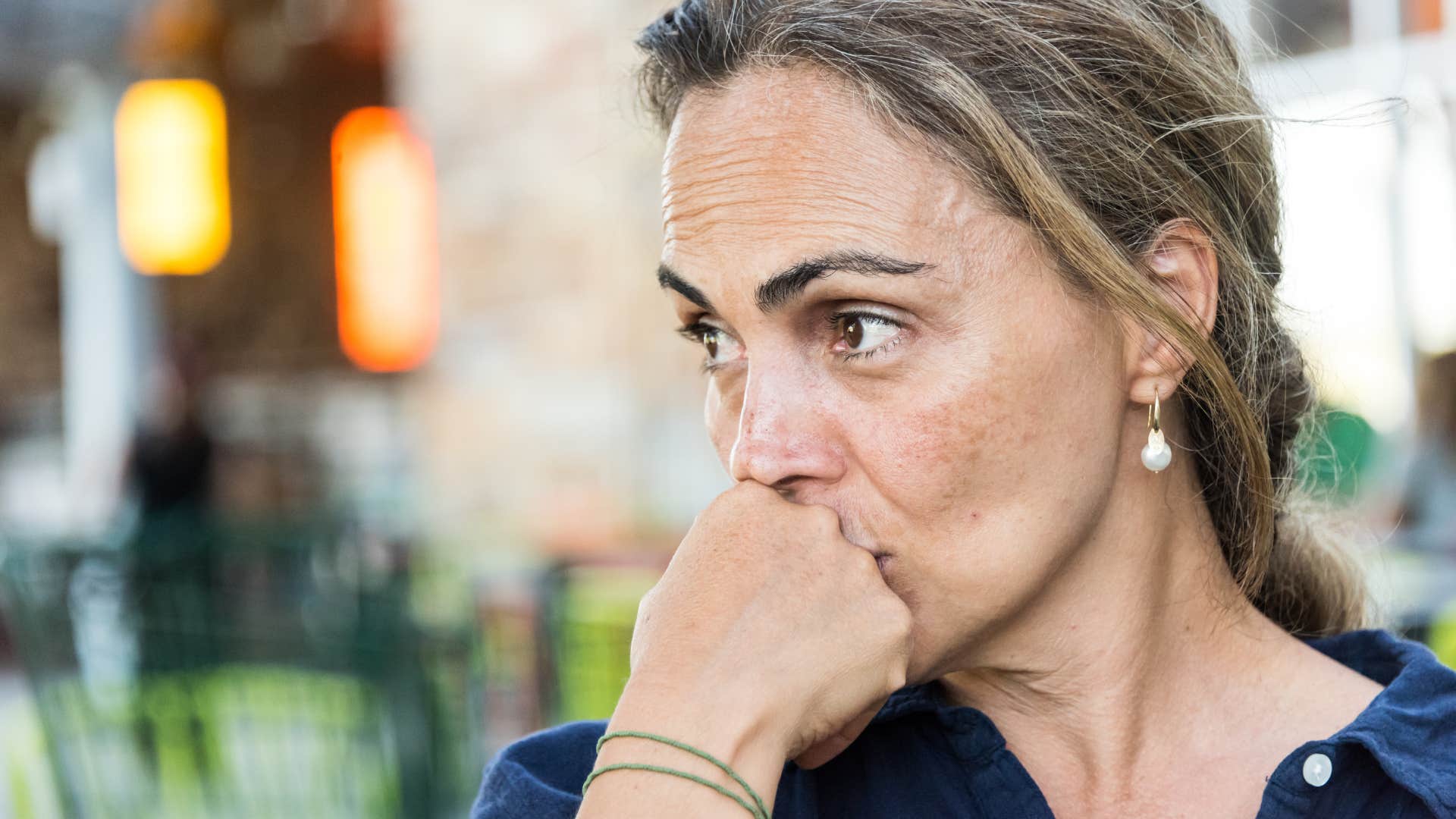 Juanmonino from Getty Images via Canva
Juanmonino from Getty Images via Canva
If you thought trauma and genetics were the only medical links with decreased gratitude, think again. People who are unlikely to say thanks might be struggling wth personal issues.
Decreased gratitude expressions have been linked to a wide range of different personality disorders, mental health diagnoses, and neurological problems. More specifically, anxiety-based illnesses tend to make it hard for people to slow down and say thanks.
11. They might choose to show their gratitude in other ways
 SDI Productions from Getty Images via Canva
SDI Productions from Getty Images via Canva
Some people aren’t good with words or find them to be a bit “cheap” when it comes to expressing gratitude. I ought to know. I tend to be one of these people when others do a major favor for me.
Rather than just say I’m grateful, I often will try to find a way to return the favor, like a night out, a freshly-made meal for them, or something similar. People who are like that may not actually say those treats are a way of saying thanks, which can lead others to get a bit confused.
I like to think that taking actions to show your gratitude is just as good. But, I guess that’s up to the recipient to decide.
Ossiana Tepfenhart is a writer whose work has been featured in Yahoo, BRIDES, Your Daily Dish, Newtheory Magazine, and others.

